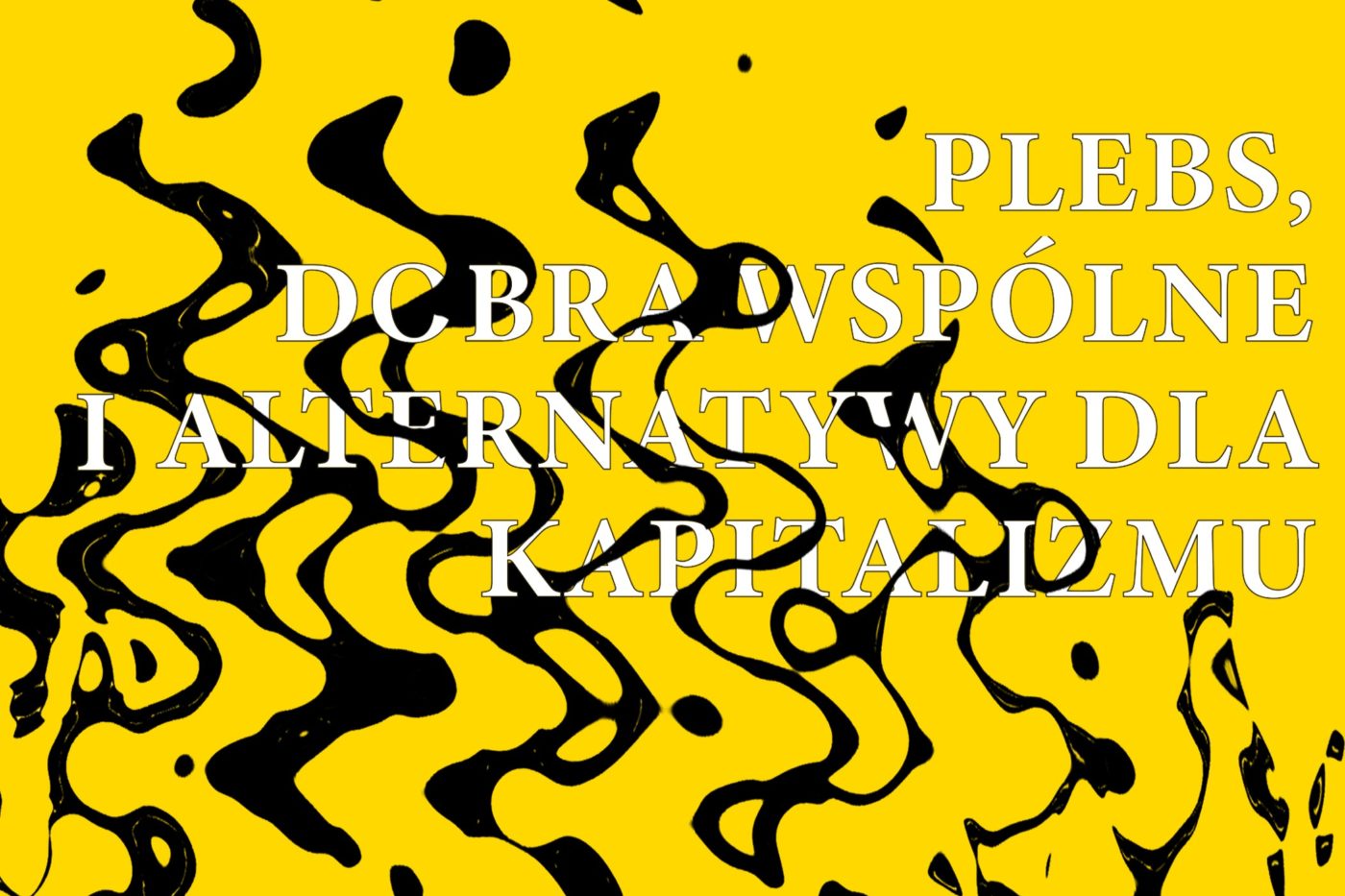Plague and modernity.
Do we need monstrous politics?
Online lecture by Katarzyna Czeczot

Mary Shelley is renowned above all as the author of Frankenstein. Especially in the recent years the novel has gained popularity – read as a cautionary tale against excessive ambitions of the modern subject who in wanting to subjugate nature at all cost causes the destruction of the human race. Hardly anyone remembers now that the author’s bibliography includes a book which presents the end of humans quite literally: The Last Man, a novel published in 1826, talks about the world ravaged by a plague. But this subject matter is not the only reason why it could be of interest to us at the moment. Even more fascinating is the fact that to the same degree as Frankenstein it could be read as a criticism of human attempts to harness nature, the central pillar of modern civilisation. Because in The Last Man the plague is not a natural occurrence, but a kind of ecological catastrophe caused by un unbridled desire to conquer. It gets out of a fortified city, just like in Frankenstein the monster escapes the laboratory to seek revenge on its creator. And if we treat factory chimneys raising above industrial districts of the 19th century Europe as the embodiment of civilisational transformations which evoked so much anxiety in Shelley and her contemporaries, and which laid foundation for her debut novel, the analogy between the clouds of smoke billowing in the background of Frankenstein and the miasma of plague presented literally in The Last Man becomes clear.
What could we gain today from the reflection on this juxtaposition of the polluted and the diseased air? Bruno Latour compares the current health crisis to the ecological one not only to point out how different were the measures undertaken by state governments in both cases. In his view, both crises should be discussed together, as to a similar degree they make people realise that “the shape of society always depends on the links between multiple actors, most of which are not human.” Romantic literature has been interpreted in the context of posthumanism many times. What actors Mary Shelley includes in her prose? Would it be fair to say that air is one of the characters in both Frankenstein and The Last Man?
| Data | Czas | Tytuł | Miejsce | Wstęp |
|---|---|---|---|---|
|
June 18 2020
, 18:00
Thursday
|
18:00 |
Plague and modernity.
|
online |